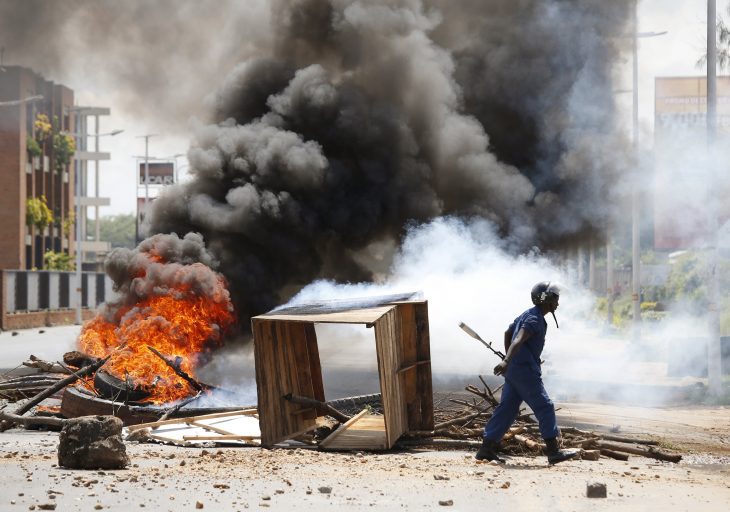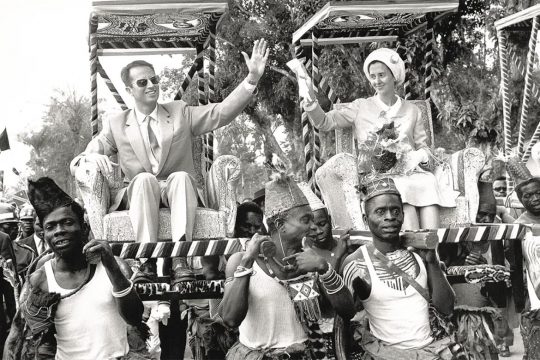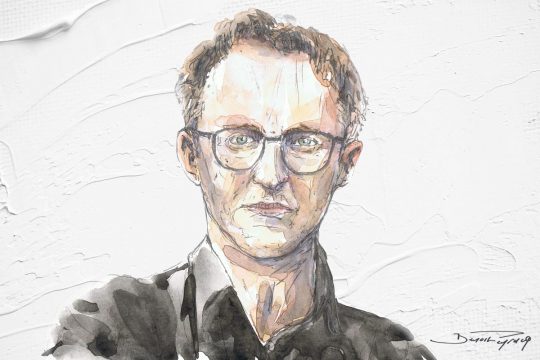The ruling party of Burundi's President Pierre Nkurunziza has swept to an expected overwhelming victory in controversial parliament elections that were boycotted by the opposition, according to official results released Tuesday.
The opposition had argued that weeks of protests and a violent crackdown by security forces meant free and fair elections were impossible, and the United Nations said voting took place amid "a climate of widespread fear and intimidation".
The country has also been left without most of its independent media outlets, after several radio stations were attacked and destroyed in fighting during an attempted coup against Nkurunziza in May.
The election commission said the CNDD-FFD party of Nkurunziza, who is seeking a disputed third term in office in upcoming presidential polls, won 77 out of 100 elected seats in parliament, with two more seats going to its ally UPRONA.
Despite the opposition boycott and calls on its supporters not to vote, the coalition Independents of Hope group of Agathon Rwasa and Charles Nditije won 11 seats. The election commission said overall turnout was 74 percent.
"We reject these results because the parliament and legislative elections were not credible," Rwasa said.
The polls have been condemned by the African Union and European Union, while civil society groups backed the boycott calling on voters to skip the "sham elections" after months of turmoil. Former colonial power Belgium has also said it will not recognise the results.
Regional appeal for poll delay
The crisis in the central African nation revolves around President Nkurunziza's ambition to stand for a third consecutive five-year term, which his opponents say is unconstitutional and violates a peace deal that brought an end to a dozen years of civil war in 2006.
There are fears the current crisis could plunge the impoverished, landlocked central African nation back into civil war.
Over 70 people have been killed in more than two months of protests, with over 158,000 refugees fleeing to neighbouring countries, according to the latest UN figures.
Presidential elections are scheduled to take place on July 15, although on Monday the East African Community (EAC) held an emergency summit on the crisis and called for the polls to be delayed until July 30.
The EAC called on Burundi to disarm armed groups, including the Imbonerakure, or youth wing of Nkurunziza's ruling CNDD-FDD party, and for rival factions to form a government of national unity "irrespective of whoever wins the presidential election."
Under the constitution, based on peace deals that paved the way for the end of a 13-year civil war in 2006, there are strict ethnic quotas in parliament.
Parliament must be made up of 60 percent from the majority Hutu people -- who make up some 85 percent of the population -- with the remaining 40 percent of elected seats reserved for the minority Tutsi. At least 30 percent of seats must also be held by women.
Three extra seats on top of the 100 voted for are reserved for the Twa ethnic group, which make up around one percent of the population.



